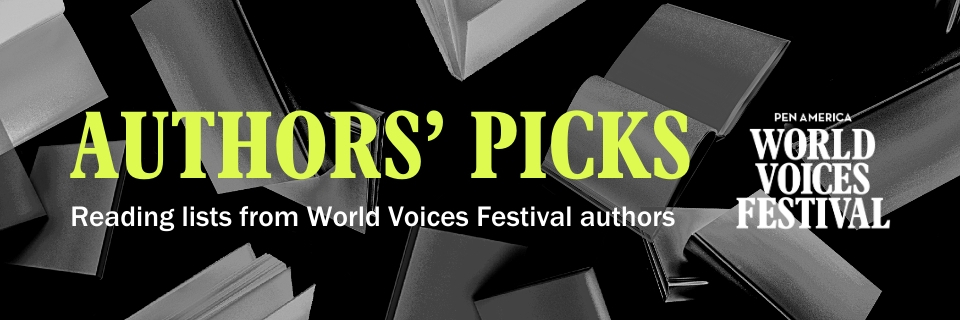
Whenever childhood is portrayed in literature as wholly “unprotected” from the gaze and surveillance of adults, the results are always strange, with books that so often end up being seen as suspicious, if not directly immoral or perverse. Often they show how violent children might be when left unattended, or how children handle living in violent circumstances. They are strange books indeed, difficult to read straightforwardly, but still there are authors who have taken on that task and risk. These are just a few of my favorites.
—Andrés Barba
Sweet Days of Discipline, Fleur Jaeggy (New Directions, 2019)
Translated by Tim Parks
Bookshop | Amazon
For me, this is a mythical book—a kind of contemporary classic. I’ve returned to it time and again to find a formula to escape the obvious. Jaeggy’s style is unique not only for its high dose of lyricism, but also for the ease at which it approaches violence.

The Holy Terrors, Jean Cocteau (New Directions, 1966)
Translated by Rosamond Lehmann
Bookshop | Amazon
One of the unavoidable classics, where (erotic) idolatry and violence go hand in hand—a depiction of childhood in a world where adults have disappeared. Like other French authors of his generation such as André Gide, Cocteau revisits childhood from interesting and new vantage points.

The Notebook, the Proof, the Third Lie: Three Novels, Agota Kristof (Grove Press, 1997)
Translated by David Watson, Alan Sheridan, and Marc Romano
Bookshop | Amazon
I think that this trilogy, especially the first volume, The Notebook, is one of the most beautiful—and simultaneously one of the most violent—books I have ever read about the camaraderie and brotherhood of childhood against the adversities of life, generally as they relate to adults.

We Need to Talk About Kevin, Lionel Shriver (Harper Perennial, 2011)
Bookshop | Amazon
We’ve grown more accustomed to divergent approaches to the subject of motherhood, but when this novel was published, Lionel Shriver showed a good dose of courage in the way she tackled the issue of child violence, writing from the perspective of an unconventional mother.

The Criminal Child, Jean Genet (New York Review of Books, 2020)
Translated by Jeffrey Zuckerman and Charlotte Mandell
Bookshop | Amazon
The title essay is a classic work from the great Genet on the institution of French education and what we should do about juvenile criminality. It’s a pioneering essay, much of which is still quite relevant today.

Down the Rabbit Hole, Juan Pablo Villalobos (FSG Originals, 2012)
Translated by Rosalind Harvey
Bookshop | Amazon
The approach here is more humorous, as always in Villalobos’s work. This is a great book that imagines the birthday of a drug lord’s son, a depiction of a child brought up surrounded by violence.

A Boy’s Own Story, Edmund White (Penguin Books, 2009)
Bookshop | Amazon
This isn’t explicitly a book about violence and childhood, but it is a head-on look at the sexual education of a boy, an audacious classic that never once falls into paternalism. Without a doubt, it is one of the greatest books of the American alternative canon and one of the best novels of the last quarter of the 20th century.

Alice in Wonderland, Lewis Carroll (Wisehouse Classics, 2016)
Bookshop | Amazon
It may seem strange to someone else, but to me, Alice in Wonderland is an essentially violent book, in the sense that almost every scene is a potential nightmare for a child. Almost all of the characters Alice meets have a fundamentally violent or threatening attitude, but Carroll manages to take that story to a wonderful place.


Andrés Barba is the award-winning author of numerous books, including Such Small Hands and The Right Intention. He was one of Granta’s Best Young Spanish novelists and received the Premio Herralde for A Luminous Republic, which is slated to be translated into 20 languages. All these works have been translated by Lisa Dillman.